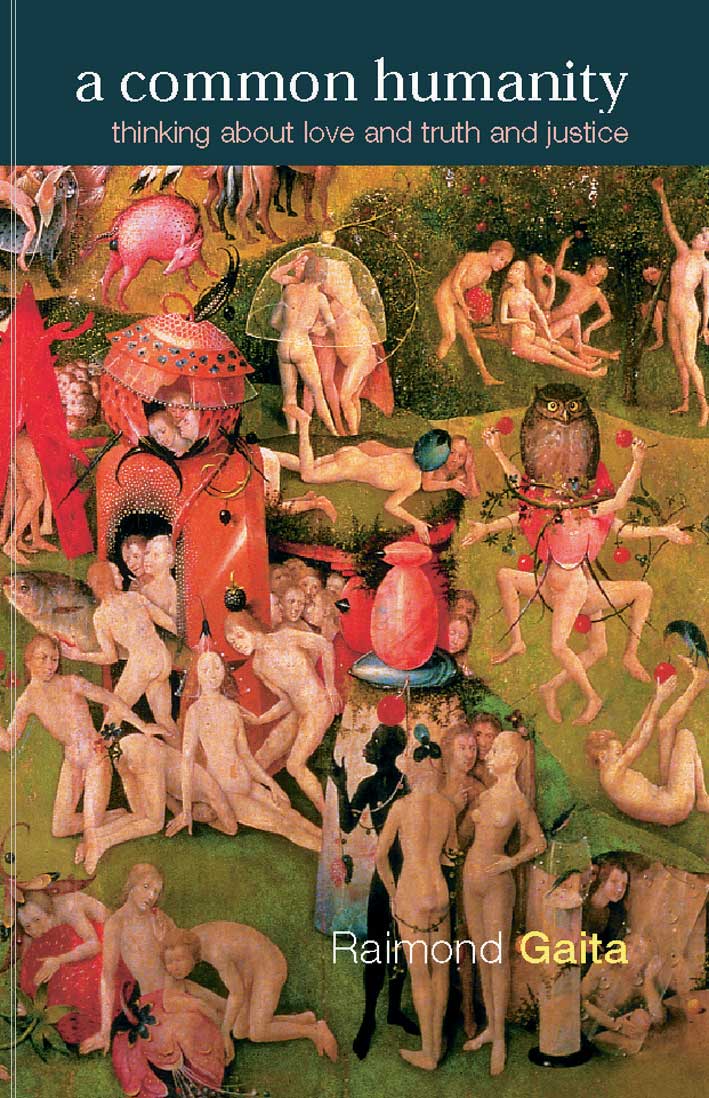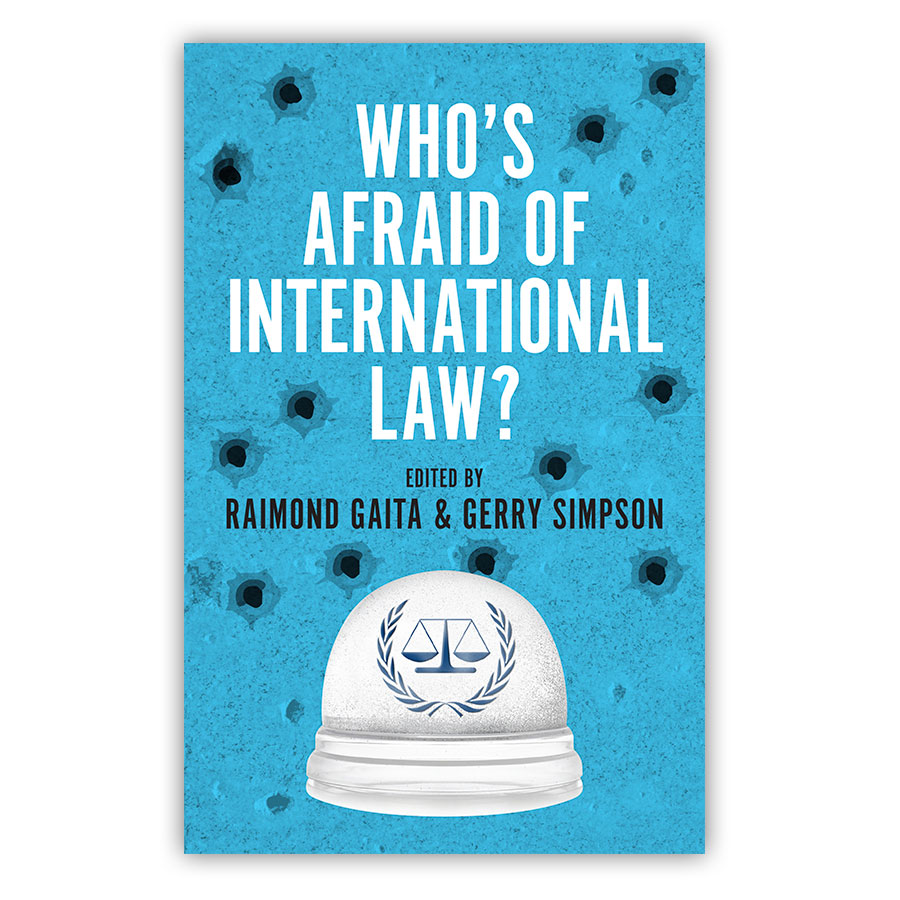
Our sense of the preciousness of other people is connected with their power to affect us in ways we cannot fathom and in ways against which we can protect ourselves only at the cost of becoming shallow. There is nothing reasonable in the fact that another person’s absence can make our lives seem empty. The power of human beings to affect one another in ways beyond reason and beyond merit, has offended rationalists and moralists since the dawn of thought, but it is partly what yields to us that sense of human individuality which we express when we say that human beings are unique and irreplaceable. Such attachments and the joy and the grief which they may cause, condition our sense of the preciousness of human beings. Love is the most important of them.
This philosophy for the educated public is philosophy at its most profound.
A Common Humanity is an inspiring, striking and revelatory read. I warmly recommend it.
A wise and beautifully written book. It is a wonderful example of how philosophy can still speak without any condescension to the educated reader.
Raimond Gaita’s insights are original and his prose is as eloquent as it is affecting.
On every page of Gaita’s work – all his work – one hears a distinctive, unrelentingly serious and powerful voice. In Romulus its tone is lyrical and affecting, in Good and Evil philosophical and exacting. If the memoir displays a deep and subtle reflectiveness which hints at its author’s philosophical vocation, the unembarrassed ease with which the philosophical work deals with concepts such as love, remorse, shame and pity reminds us that this philosopher is also a writer. A Common Humanity is a work of both the writer and the philosopher. It is a rare and distinguished contribution to our public life.
Raimond Gaita’s writings are, I believe, the consummate expression of an uncommonly examined life.
Even now, fifty years after the holocaust, it is still rare to find a philosopher prepared to engage deeply with the question of serious evil, and indeed of serious goodness … [Gaita’s essays] are large and elegant constructions … illuminated by a sensitive and patient scrutiny, and inspired by a passionate intensity. Moral philosophy is at last beginning to recover its centre.
This is a remarkable book. Its series of related essays pursue with eloquence and great insight some of the most difficult and important problems of moral thinking. Though it is an original contribution to moral philosophy, the book is utterly free from the technicalities of the profession: many books of philosophy say that they are accessible to the general reader, but in this case, it is indisputably true. Though profound and in places difficult, the book demands of its reader only careful thought and an engagement with the moral seriousness out of which it was written. Gaita’s book is an absorbing read from beginning to end, its discussions are memorable and in many places moving. A quite exceptional work.
A wonderful piece of writing. Raimond Gaita’s defence of a conception of goodness beyond virtue and of evil beyond vice finds a new clarity and force in these interlinked essays on racism and genocide, shame and remorse, justice and the love of truth, as those issues have arisen in contemporary Australian political debates. The disciplined individuality of Gaita’s voice shows how a humanly serious practice of philosophy might make a decisive contribution to our public culture.
[Gaita’] book is one of the rare books in philosophy which has both breadth and depth at one and the same time.”
The trenchant beauty of the discussion, the courage and independence of the mind at work, are a magnificent accomplishment.
A book for anyone who is prepared to think seriously. It is also moving in a way that is rare in philosophy.
Gaita is a philosophically serene philosopher. He writes calmly, no shouts or screams, no outrage. He always shows what he thinks is right in opposing view before saying gently what is wrong. Gaita is in search of conversation, not argument … He weaves his narrative with quotations that are as calm and serene as his own writing. It is an education reading him reading them.
Gaita’s genius … is his ability to weigh the soul on a scale, and to show how goodness and justice might yet prevail.



